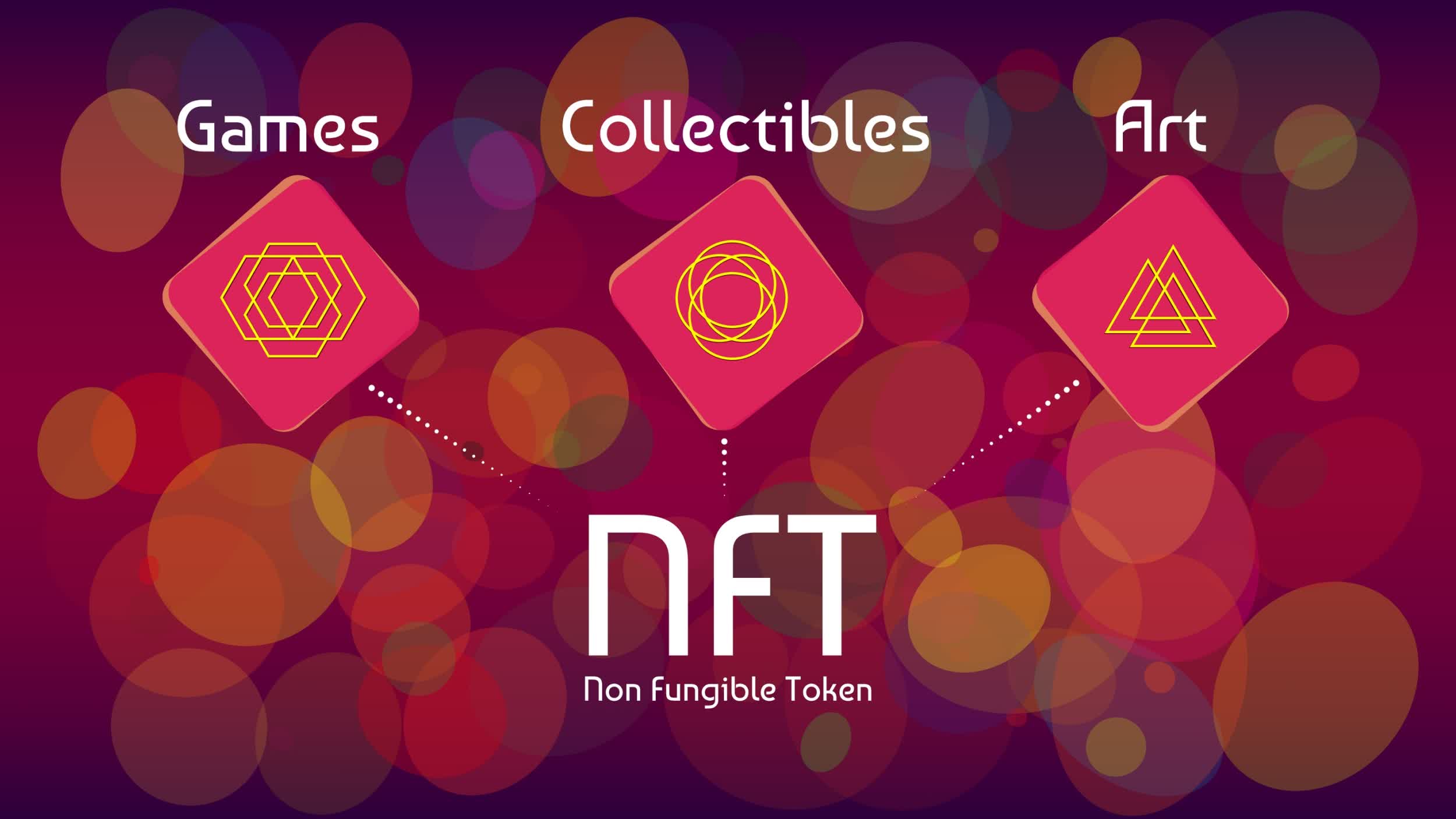In brief: If you've been following tech or financial headlines as of late, you've perhaps come across the term NFT a time or two. NFT stands for non-fungible token, and in the simplest of explanations, it's a special type of cryptographic token used to create and verify ownership of digital goods.
Take a piece of physical art, for example, like the Mona Lisa. There's only one original and it has been authenticated as unique, but there are many, many reproductions and copies. You can go online and pull up countless images of the painting, or head over to eBay and buy a reproduction at a fraction of the original's value.
In the world of economics, fungibility means that a product or a piece of a product is interchangeable. Gold is a good example of something that is fungible. In its pure state, a set amount of gold is interchangeable with that same amount of gold, regardless of what form it is in.
By definition, something that is non-fungible is not mutually interchangeable. Take the collector car industry, where the term "matching numbers" is often used to describe a vehicle with original components. Such cars are highly sought after by collectors due to their originality and scarcity, even though new versions of those very same parts could be remanufactured today to the exact same specification.
In essence, an NFT is a lot like a certificate of authenticity for digital goods such as pictures and animations. Sure, you can make exact copies of a piece of digital art until you are blue in the face, but with an NFT attached, you have proof that your digital good is authentic and original.
It all happens through a public ledger, a blockchain, which records the entire chain of ownership since the NFTs inception.
It may sound silly that someone would be willing to pay a premium for something like a photo or an MP3 that can be cloned time and again for free, but that's the world we live in. Some people have a knack for owning something that is unique, and they're willing to pay big bucks for those rights.
Last month, musician Grimes raked in around $6 million from the sale of digital art on Nifty Gateway. Just days ago, an original Banksy piece of art was purchased, digitized, then burned by a group of crypto fans. The digitized NFT was then sold for 228.69 Ethereum, or around $380,000 at the time of sale.
Image credit: Vladimir Kazakov
